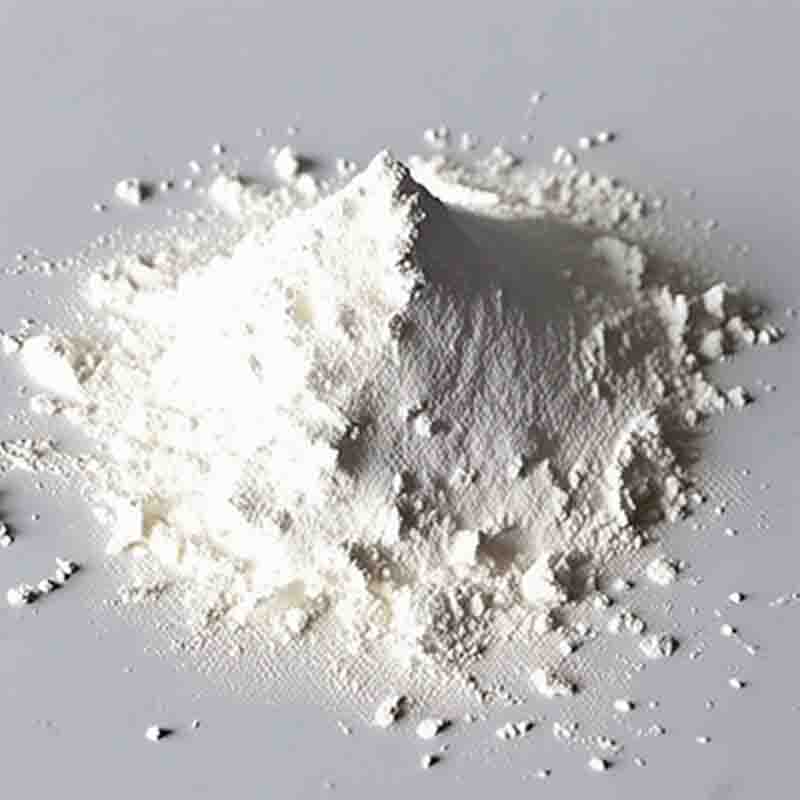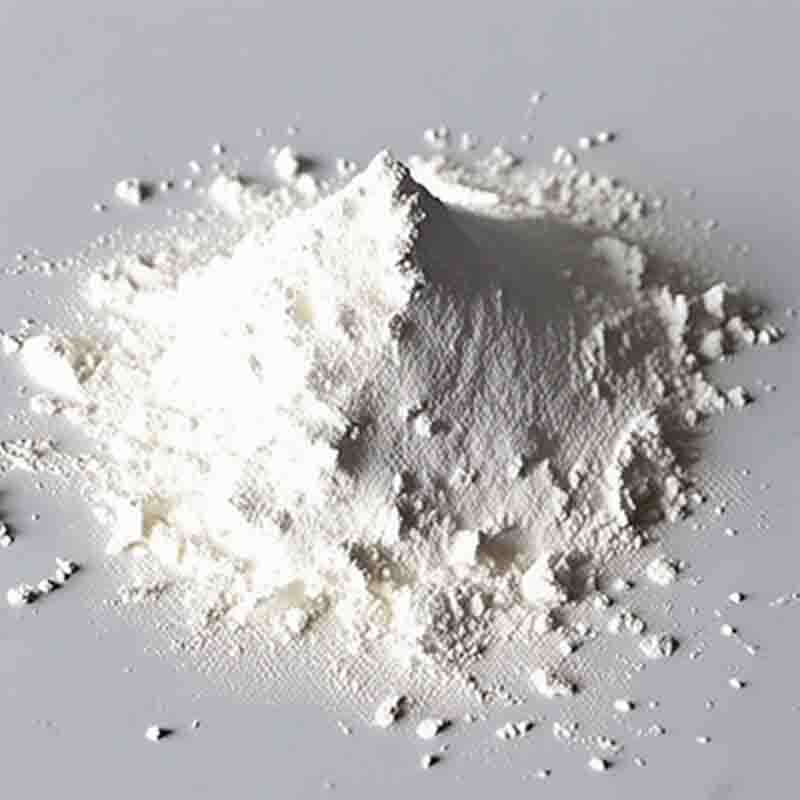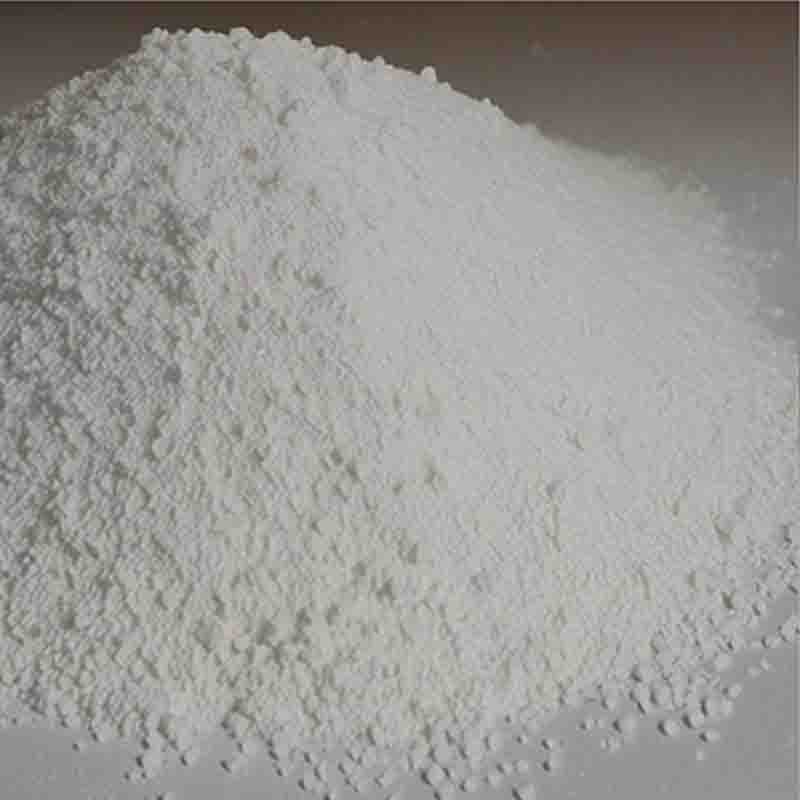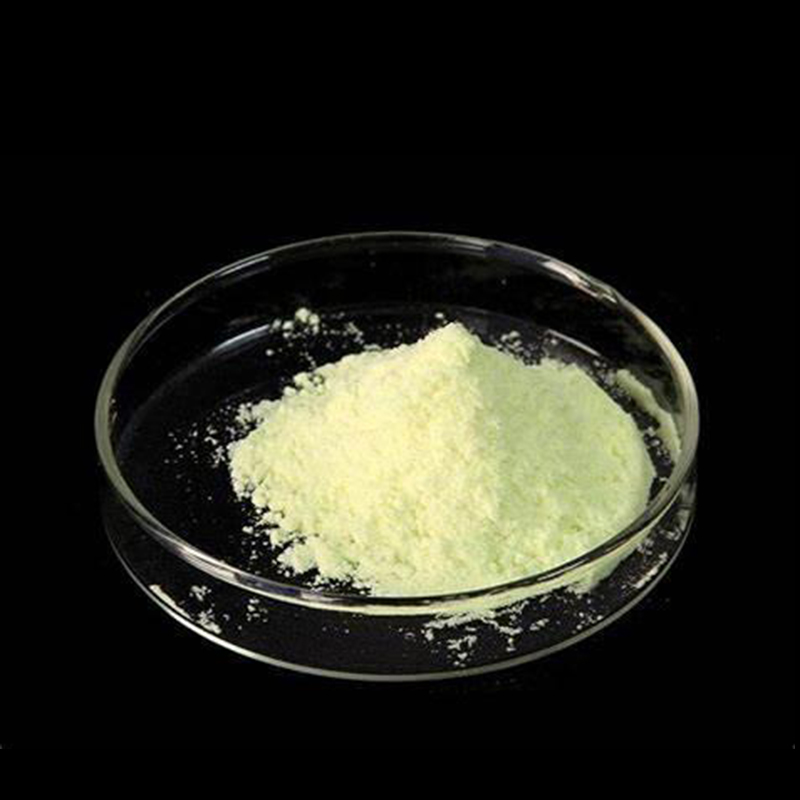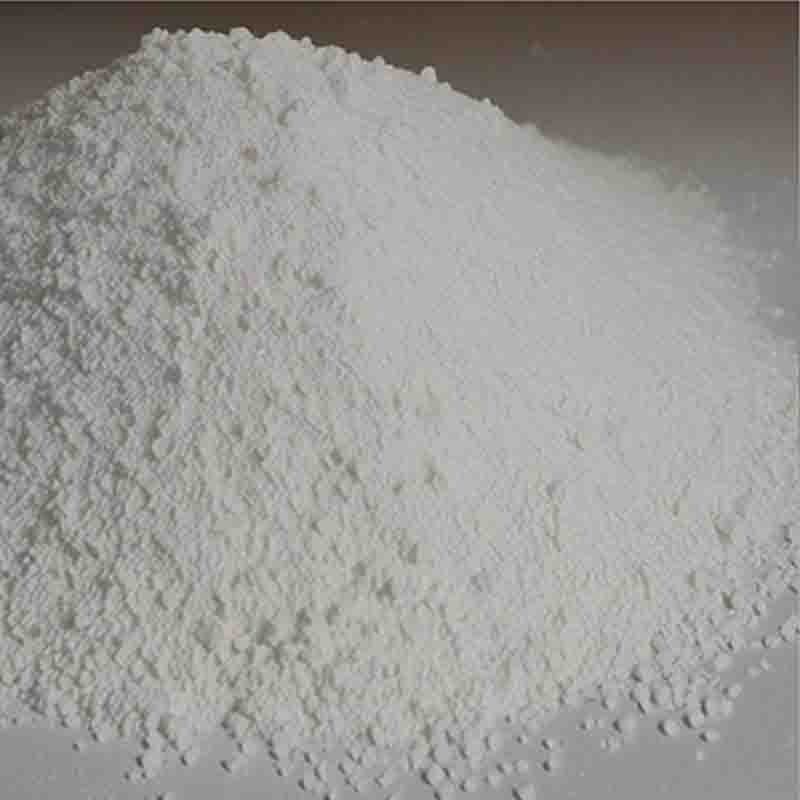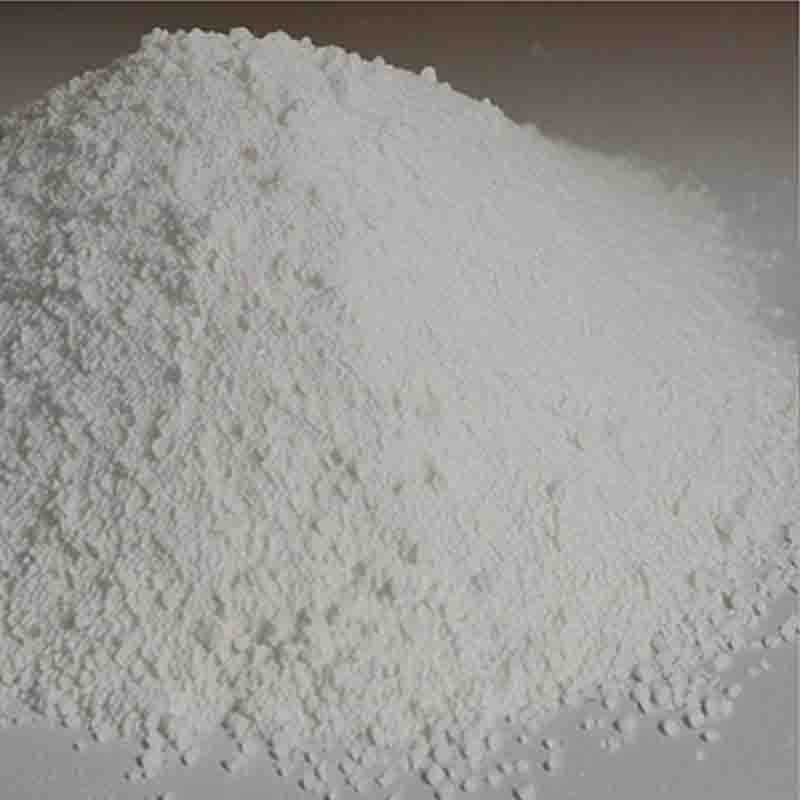lansoprazole CAS: 103577-45-3
| Catalog Number | XD94581 |
| Product Name | Lansoprazole |
| CAS | 103577-45-3 |
| Molecular Formula | C16H14F3N3O2S |
| Molecular Weight | 369.36 |
| Storage Details | Ambient |
Product Specification
| Appearance | White powder |
| Assay | 99% min |
Lansoprazole is a proton pump inhibitor commonly used to treat gastrointestinal disorders such as acid reflux and stomach ulcers.
Lansoprazole is primarily used to treat acid reflux disease, also known as gastroesophageal reflux disease. The disease is caused by symptoms caused by reflux of stomach acid into the esophagus, such as chest pain, belching, and a sour taste. Lansoprazole relives these symptoms by inhibiting the production of stomach acid and reducing its secretion. It can effectively reduce the acidity of stomach acid and reduce irritation to the esophagus, thus improving the symptoms of acid reflux disease.
In addition, lansoprazole is commonly used to treat gastric and duodenal ulcers. These ulcers are caused by stomach acid and gastric juices eroding the walls of the stomach and duodenum. By inhibiting the secretion of gastric acid, Lansoprazole can reduce the stimulation of gastric acid to ulcer and promote the healing and repair of ulcer. It can reduce the pain and discomfort of ulcers and prevent the recurrence of ulcers.
In addition, lansoprazole is also used to treat Helicobacter pylori infection. Helicobacter pylori is a common gastrointestinal bacteria associated with conditions such as stomach ulcers and stomach cancer. Lansoprazole inhibits the growth and reproduction of H. pylori, reduces the degree of infection, and helps destroy the bacteria.
In summary, Lansoprazole is a commonly used gastrointestinal drug used primarily to treat acid reflux disease, gastric and duodenal ulcers, and Helicobacter pylori infections. By inhibiting the secretion of stomach acid, it reduces the irritation of stomach acid to the gastrointestinal tract, thereby relieving symptoms and promoting the healing and repair of ulcers.


